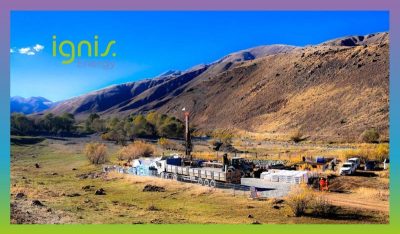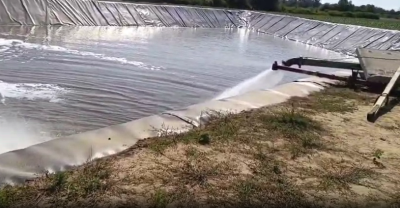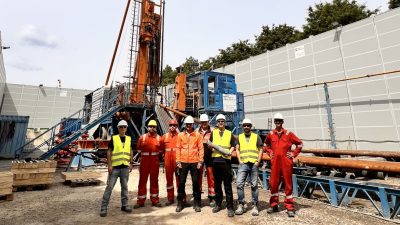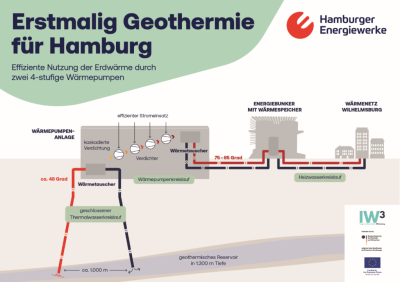European geothermal sector joins call for carbon price on heating and cooling
The European Geothermal Energy Council is advocating for a carbon price to be put on heating and cooling in the European Union. Only with a fair price for all forms of energy and the real cost attached will it be able to reach the ambitions carbon neutral goal by 2050.
President Ursula Von der Leyen is expected to announce at least 55% target for greenhouse gas reductions in the State of the Union speech on 16 September. But “it is absolutely crucial the European Commission recognise the importance of decarbonising heating and make this a priority area for action”, so the European Geothermal Energy Council (EGEC) in a release yesterday. With this EGEC is joining calls for a carbon price on heating and cooling to allow Europe becoming carbon neutral by 2050.
Carbon pricing covers a major policy loophole, which gave fossil heating a significant competitive advantage over renewable energy solutions, particularly geothermal energy, one of the cheapest sources of heat.
Heating accounts for half of the EU’s energy consumption. 80% of this market is dominated by fossil fuels, which benefit from direct and indirect subsidies that lock out geothermal energy and other renewable energy technologies. A uniform carbon price across Europe can address this unfair distortion of the internal market.
Sanjeev Kumar, Head of Policy, at EGEC Geothermal said, “Extending the EU Emissions Trading System to heating is an important step in accelerating the energy transition in buildings and delivering carbon neutrality by 2050.” He added, “A robust carbon price sufficient to drive transformative change is key to the race against the clock to tackle the climate emergency.”
EGEC Geothermal supports all carbon pricing schemes alongside the immediate removal of direct and indirect fossil fuel subsidies. The inclusion of fossil heating and cooling suppliers in the EU Emissions Trading System (EU ETS) is an important feature of a comprehensive package of climate reforms. The revenues raised from the sale of EU ETS auction allowances can be recycled back into direct investments in renewable energy renovations, especially for the most disadvantaged households.
Source: release by EGEC by email



















